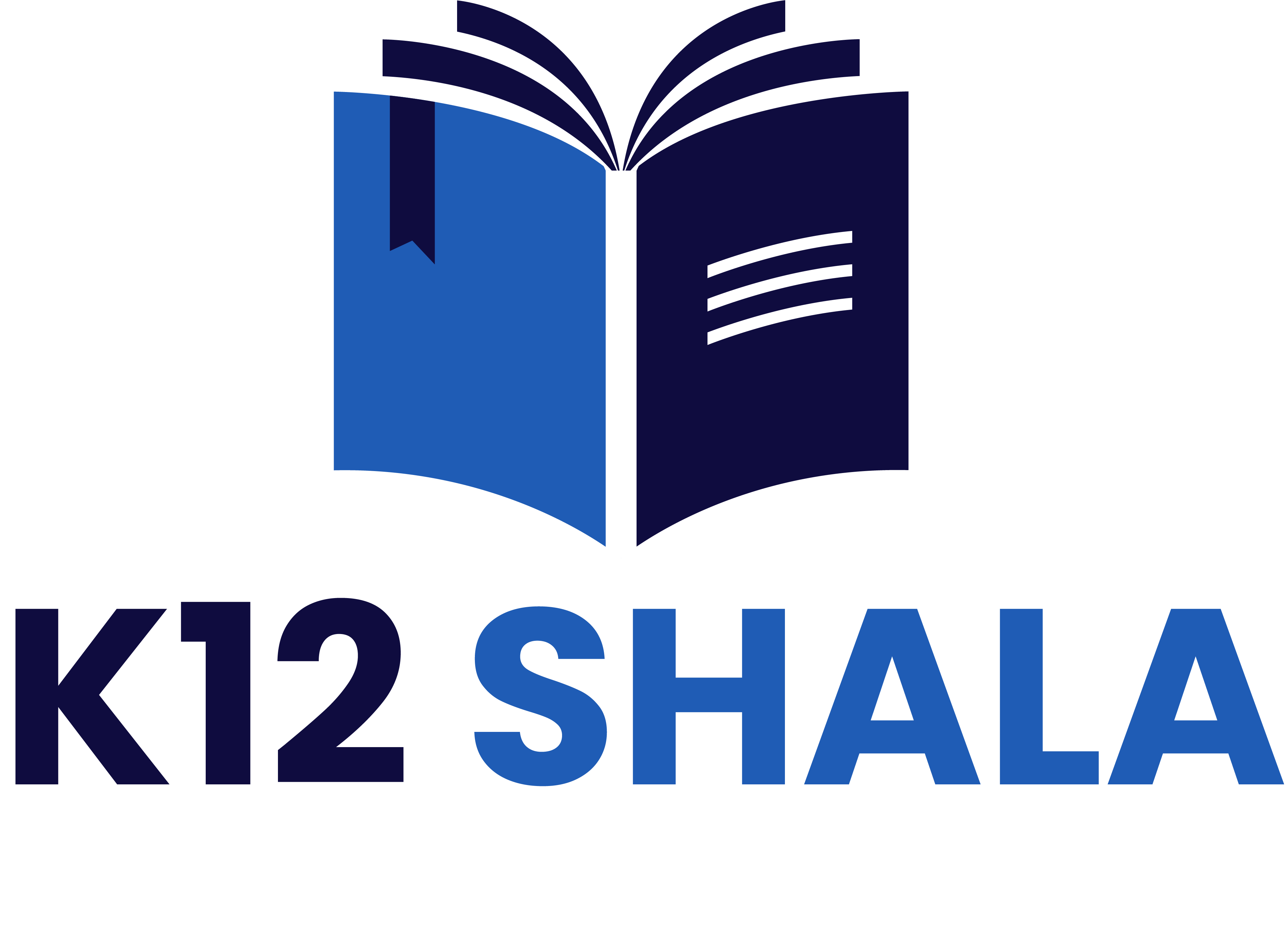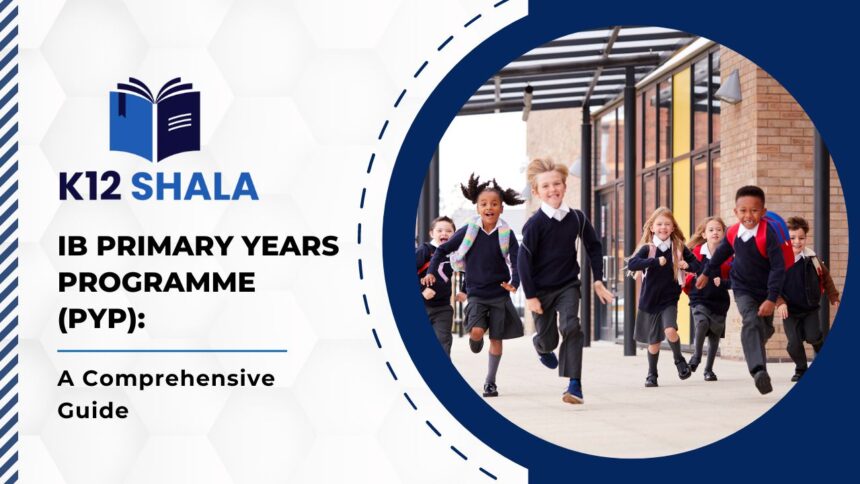Introduction to the IB Primary Years Programme (PYP)
Welcome to the dynamic world of education with the International Baccalaureate Primary Years Programme (PYP)! If you’re looking for a holistic and innovative approach to your child’s learning journey, then you’ve come to the right place. Dive into this comprehensive guide as we explore how the IB PYP Curriculum shapes young minds, fosters curiosity, and prepares students for success in our ever-evolving global landscape. Let’s embark on an exciting exploration of what makes PYP truly stand out in the realm of educational excellence!
Key Components of PYP: Transdisciplinary Themes, Key Concepts, Approaches to Learning
The IB Primary Years Programme (PYP) incorporates key components that shape its unique educational approach. Transdisciplinary themes are central to the PYP, connecting subjects and fostering a holistic understanding of the world. These themes encourage students to explore real-world issues and make meaningful connections across different disciplines.
Key concepts in the PYP help students develop deep insights into various areas of knowledge. Concepts like form, function, causation, change, and connection provide a framework for inquiry-based learning. Students learn to think critically and reflect on complex ideas through these key concepts.
Approaches to learning in the PYP focus on developing essential skills such as communication, collaboration, research, and self-management. These approaches empower students to become independent learners who can adapt to new challenges with confidence.
By embracing transdisciplinary themes, key concepts, and approaches to learning,
the IB PYP curriculum cultivates well-rounded individuals ready to tackle the complexities of our rapidly changing world.
Benefits of PYP for Students
The IB Primary Years Programme (PYP) offers a plethora of benefits for students that go beyond traditional education. One key advantage is the emphasis on holistic development, nurturing not just academic skills but also social-emotional well-being and critical thinking abilities.
By focusing on transdisciplinary learning, PYP encourages students to make connections across various subject areas, fostering a deeper understanding of real-world issues. This interdisciplinary approach cultivates lifelong learners who can adapt to different situations with ease.
Moreover, PYP promotes inquiry-based learning, where students are encouraged to ask questions and seek answers independently. This fosters curiosity and creativity while honing research skills essential for success in higher education and future careers.
Furthermore, the programme instills values such as respect, empathy, and open-mindedness through its international-minded curriculum. Students learn to appreciate diverse perspectives and become responsible global citizens equipped to tackle complex global challenges.
In essence, the benefits of PYP extend far beyond academic achievement; they lay the foundation for well-rounded individuals who are empowered to thrive in an ever-changing world.
How PYP Prepares Students for the Future
The IB Primary Years Programme (PYP) is designed to equip students with the skills and mindset needed to thrive in an ever-changing world. By focusing on key concepts such as communication, critical thinking, and collaboration, PYP prepares students for the challenges they will face in the future.
Through transdisciplinary learning experiences, students are encouraged to make connections across different subject areas and apply their knowledge in real-world contexts. This approach fosters a deep understanding of complex issues and promotes creativity and innovation.
By incorporating approaches to learning like research skills, self-management, and social skills into the curriculum, PYP helps students develop important competencies that are essential for success in higher education and beyond. These skills not only prepare students academically but also help them become well-rounded individuals who can adapt to any situation they may encounter in the future.
Implementation of PYP in Schools: Curriculum and Assessment
Implementing the IB Primary Years Programme (PYP) in schools involves a carefully crafted curriculum that focuses on transdisciplinary learning. This means students explore real-world issues through various subject lenses, creating a holistic understanding of concepts.
The PYP curriculum is designed around key components such as Transdisciplinary Themes and Key Concepts, which provide a framework for inquiry-based learning. Students are encouraged to think critically, collaborate with peers, and reflect on their own learning experiences.
Assessment in the PYP goes beyond traditional testing; it includes formative assessments that track student progress over time and allows teachers to tailor instruction accordingly. The goal is to nurture independent thinkers who can apply their knowledge in diverse contexts.
By implementing the PYP curriculum, schools equip students with essential skills such as critical thinking, communication, and problem-solving – preparing them for success in an ever-changing world.
Success Stories from Schools with PYP Programmes
Imagine a school where students are not just learning facts but becoming critical thinkers, problem solvers, and global citizens. This is the reality for many schools that have implemented the IB Primary Years Programme (PYP). These schools have seen incredible success stories emerging from their PYP programmes.
In these schools, teachers witness students engaging in meaningful inquiry-based learning experiences that spark curiosity and creativity. Students develop a deep understanding of concepts by connecting them to real-world issues through transdisciplinary themes.
Through collaborative projects and student-led initiatives, PYP schools nurture leadership skills and foster a sense of responsibility towards their communities. Graduates from these programmes go on to excel academically while also demonstrating empathy, cultural awareness, and adaptability – crucial skills for success in today’s interconnected world.
The impact of PYP can be seen not only in academic achievements but also in the holistic development of students who are well-equipped to navigate an ever-changing landscape with confidence and resilience.
Conclusion: Is PYP the Right Choice for Your Child?
When considering whether the IB PYP curriculum is the right fit for your child, it’s essential to weigh its numerous benefits and holistic approach to education. The PYP not only fosters critical thinking, creativity, and global awareness but also equips students with valuable skills for their future endeavors.
By immersing children in transdisciplinary themes, key concepts, and various approaches to learning, the PYP provides a well-rounded educational experience that goes beyond traditional subject boundaries. Moreover, its focus on inquiry-based learning empowers students to become lifelong learners who are curious, knowledgeable, and compassionate individuals.
If you value a curriculum that promotes academic excellence while nurturing personal growth and intercultural understanding in your child, then the IB Primary Years Programme may indeed be the perfect choice. Consider exploring schools offering the PYP program to see firsthand how it can shape your child’s educational journey for years to come.










